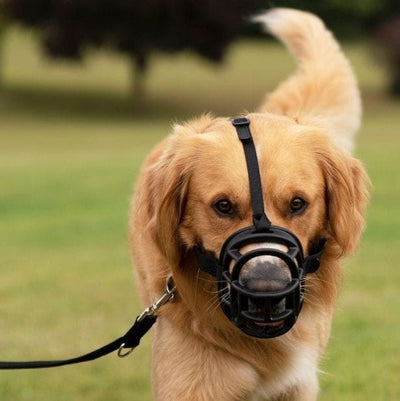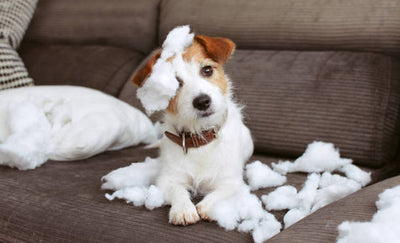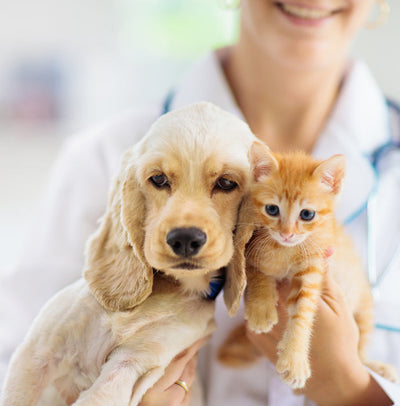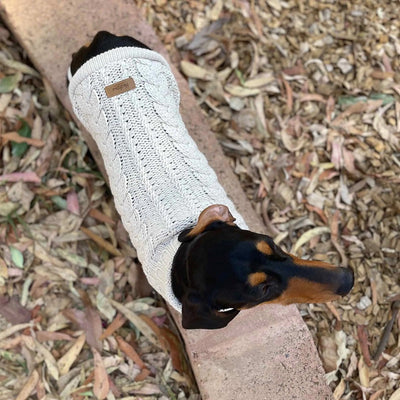If chewing was an Olympic sport, then dogs would be the stand out athletes. It seems that dog jaws never get sore or tired and can handle, crunch, break and ultimately destroy almost anything.
Whether it’s a pup or an adult, chewing is just a normal part of your dog’s everyday life. Chewing is one of the most effective ways that a dog can explore and interpret its world. As owners, we want to make sure that what and when our dog chews does not have adverse impact on it’s health.
Aside from exploration, dogs also chew to relieve boredom, deal with pain such as teething or on arthritic joints, and also chewing is a natural way for our dog to keeps it teeth clean. There can however, be occasion where chewing may indicate that out pet is stressed or has a medical condition. A good example of this is when a dog chews its paws. In some cases this is a habitual behaviour that is caused by anxiety, or may indicate an allergy to food or its surroundings. In these instances the best thing to do is make a visit to our vet to seek some professional advice.
It is important to remember that in a dogs world, it has no concept of how precious our rug or children’s toy may be or how much our cedar outdoor setting cost so our job as owners is to encourage and provide our dog with items that are okay to chew, and remove or limit access to items that we do not want them to chew.
Tips to help you manage chewing
Provide variety
Provide you dog with a variety of toys, with different textures and sizes. These toys should be rotated at least every few days and also inspected for damage. Toys that appear to badly damage where the dog could injest a part of it should be thrown away. Consider some interactive toys such as rope or tug toys so you can engage in play with your dog. There are toys of various hardnesses and strength so choose one suitable for the chewing capabilities of your dog.
Tap into their tummy
Dogs have chewed bone for thousands of years and large raw bones given once or twice a week will keep a dog engaged for many hours. Get in the habit of taking bones off your dog from a young age. This way you can inspect for damage but it also helps your dog understand that you are in charge of the bones and this is a sign of leadership to the dog. Bones should always raw or dried, not cooked and size appropriate. A good rule is that bones can never be too big only too small. Other chewing treats to consider include dental treats such as greenies, or rawhide. Just try not to overdo it on the treats as this may lead to excess weight gain.
Build a wall around things that your dog can’t chew
It doesn’t have to be that drastic but ensure items that you don’t want chewed are keep out of your dog’s reach. Dogs can especially be attracted to items with our scent on it such as underpants and socks! Many vets will be able to tell you a story or two about an embarrassed owner with a large vet bill after underpants were removed from their dog’s stomach.
If that’s not possible to keep items out of the way such is the case with outdoor furniture, use one of the bitter tasting deterrent sprays on it .
Get out and about
Boredom is one of the key reasons that dogs may chew destructively and the best way to beat boredom is a daily walk. The sites, smells and sounds outside the fence of your property is highly stimulating for a dog and good walk of a few kilometres is usually followed by an afternoon of sleeping.
For further information, call in & see us in the store, or email us: admin@weknowpets.com.au
4/72-76 Station St Bowral NSW 2576
PH: 024862 1175
© weknowpets 2018





